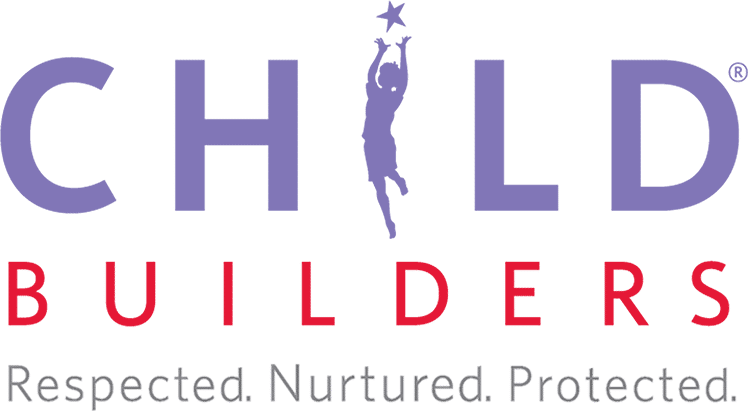Anticipate & Plan. Parents can create safe environments and experiences for their children by trying to imagine situations from their child’s point of view and anticipating what their child is likely to do. For example, before sending a child to a playdate, parents need to find out who will be supervising the children, what rules about computer and Internet use will be observed, and whether alcohol, tobacco, or other drugs will be accessible. Parents should also talk with their child about how to end the playdate early and come home if they feel uncomfortable.
Communicate. It is important to share and discuss family safety rules and expectations with your child on a regular basis. When leaving your child in the care of others, make sure to discuss your family safety rules and expectations with the adults in charge.
Practice. With your child, think through what to do in unsafe situations. Present challenging scenarios to your child, and role-play how the child would stay safe in that situation. For example, teach your child that it is unsafe to give personal information to strangers, and then ask your child how they would respond in situations where a stranger is requesting this information. Finally, make sure your child knows the name of a few trusted adults and how to get in touch with them. Post the emergency contact information, as well as your name and contact information, on the refrigerator for emergency reference.
Common Safety Hazards Found in Homes
- Sharp objects: Scissors, knives, and other sharp tools must be handled carefully. These items should be kept out of reach.
- Poison: Examples of poisons often found in homes include household cleaners, bug spray, rat poison, fertilizers, and antifreeze. Children love to use spray bottles, and the packaging on cleaning agents is often very attractive.
- Explain that cleaners often contain poisons that can hurt your child’s body if they eat, drink, touch, or even smell them. These poisons must always be kept out of reach or in locked cabinets, and only adults should handle them.
- Flame starters: Talk to your children about fire danger. If your children find matches or a lighter, they must tell an adult immediately and should not touch these items.
- Outlet covers: Young children are often very curious about outlets and may try to put their fingers or other objects into the outlets. All outlets should be covered in homes with infants and toddlers.
- Medicine: When discussing the medicine bottles, make sure your children understand that medicine must always be handled by adults and kept out of reach of children; they could be poisoned by an overdose.
- Small objects: Small objects that fit inside the choke tube (toilet paper roll) could cause an infant or toddler to choke. Keep small objects out of reach of infants and toddlers.
References
ChildBuilders. (2014). Build to nurture. Houston, TX: ChildBuilders.


